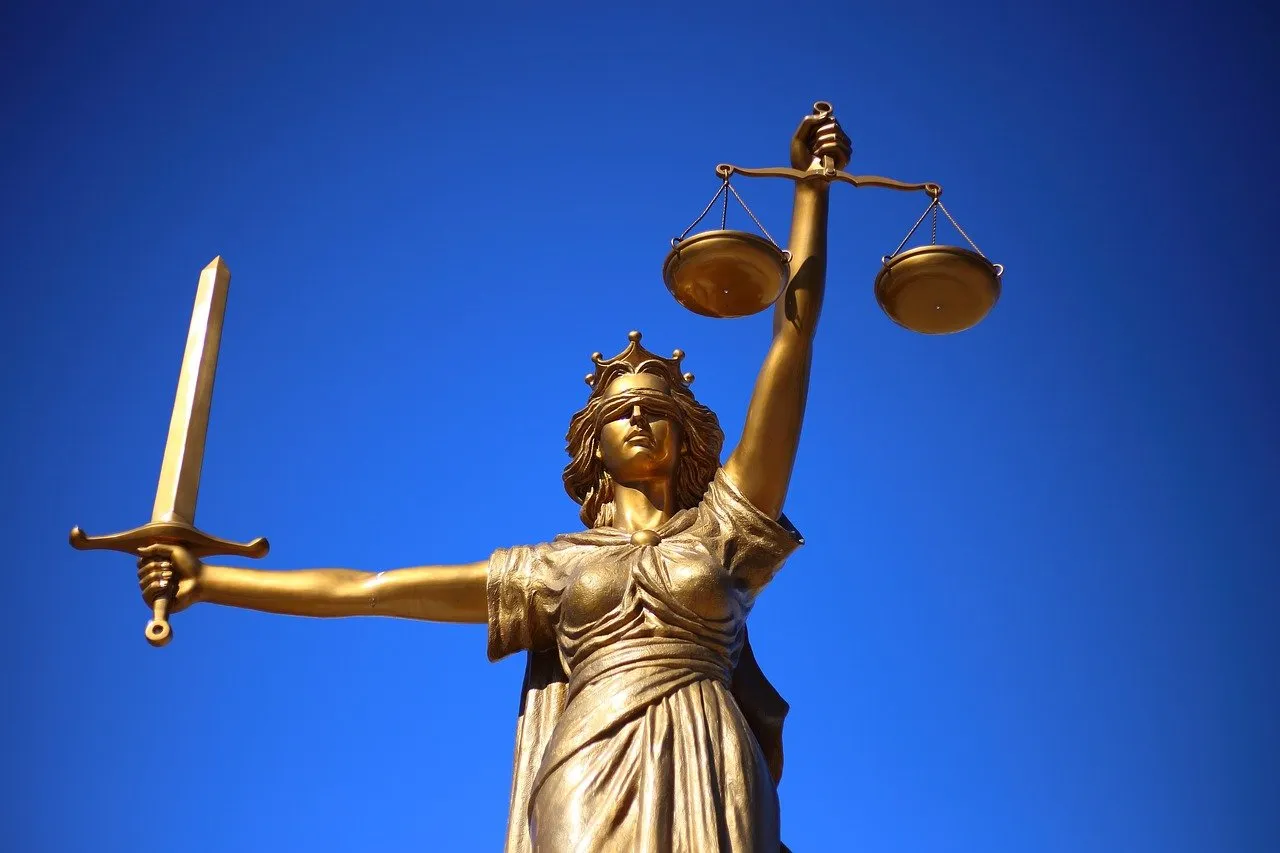Table of Contents
Here’s an uncomfortable thought: every failed rape prosecution is, prima facie, a false accusation.
Such a statement is guaranteed to enrage many, of course. Especially feminists, who love to bandy dodgy “statistics” that would have us believe that Australia is as dangerous for women as the Congo, where rape is used as a weapon of war. A much firmer statistic, though, is how many, of those judged sufficiently plausible to proceed to trial, rape accusations result in conviction?
In Australia, nearly 40% of cases which went to trial resulted in a conviction. In the UK, it’s 75%. So, contrary to the popular narrative, a rape trial is quite likely to result in a conviction.
But, that also implies that over 60% of accusations deemed plausible enough to go to trial are false. No doubt at least some of that is due to the inherent difficulty of proving rape rather than consensual intercourse. Yet, we know that, whatever the fashionable narrative may be, some women do indeed lie about rape. It’s claimed that prosecutions for false accusations of rape are low, but they are higher than prosecutions for false accusations in other matters.
And, it appears that at least some obvious lies are never punished, no matter how plainly false and egregious the accusation demonstrably was.
Prosecutors in the ACT went ahead with the rape trial of a university student despite being repeatedly warned it would only end up humiliating and further damaging the young woman who had made the allegation because there was clear evidence she had lied.
Defence barrister Steven Whybrow SC wrote to the prosecutor before the man’s trial in April pointing out that the complainant’s story was so wildly contradictory and at odds with the evidence that “even the gentlest cross-examination of this complainant is going to be devastating and humiliating for her”.
“I am genuinely concerned about the effect running this case might have on this young woman,” he said.
Note the tone, here. Even though it was plain that the complainant was lying, still it was a narrative of sympathy. “Devastating and humiliating”. “Damaging”.
Perhaps so — but surely even more so for the man whose life she potentially ruined by lying?
In the event, the prosecution rejected Mr Whybrow’s plea for the prosecution against 21-year-old Alex Matters to be discontinued and the trial went ahead.
The jury found Mr Matters, an Australian National University student and former Labor staffer, not guilty of the charges.
He and the complainant had been in a “friends with benefits” relationship but on one occasion, the woman said, he would not stop sex when she asked him to.
She contacted police in 2021 after seeing media reports that Mr Matters had been charged with assaulting another woman. Those charges were later dropped, but Mr Matters was sacked from his job in the office of federal Labor MP David Smith.
Mr Matters strenuously denies the allegations made by both women.
It might be said that the matter is proof of the old adage to “never dip your wick in crazy”.
In recorded audio messages to Mr Matters the day after the alleged rape, the woman asked him for sex.
“F..k me Daddy,” she texted.
“I want you to f..k me so hard,” she wrote in another message.
The woman, who had given evidence remotely from a separate room, could be heard crying as the audio messages were played.
Months later, when the pair went for a walk, the woman asked Mr Matters to have no-strings-attached sex that night. Three days later, she reported him.
As it turned out, Matters was far from the only man she accused. Whybrow’s emails to the prosecutor noted, “she has claimed to have been sexually assaulted by at least four others we have identified so far”.
Unsurprisingly, perhaps, it also emerges that the woman “was highly active in the #MeToo movement”.
“There are a number of statements that suggest a belief by the complainant that if she has sex that she subsequently regrets or was less than 100% enthusiastic about (notwithstanding she objectively agreed to engage in that activity), it nonetheless becomes non-consensual at her election or discretion after the event,” he wrote […]
“Suggestions she has either made this complaint to (literally) #metoo herself on the bandwagon, or to try and address as what she sees as a massive risk to her image as an outspoken ‘victim survivor’ by regularly sleeping with someone now publicly named as an accused rapist – or both – will be difficult for the prosecution to refute.”
So, if the suggestion here is that the woman deliberately made false accusations, why wasn’t she prosecuted? After all, she may well have ruined at least one man’s life.
Mr Matters told Sky last week that while he would never regain the two years of life he had lost, he would be speaking to lawyers about potentially suing the ACT government.
The Australian
This raises the wider question that has emerged in the fallout from the Sofronoff inquiry into ACT prosecutor Shane Drumgold’s handling of the Brittany Higgins accusations: how many other men were unfairly and harshly treated by Drumgold’s self-confessed zeal, that he called a “fire burning within”? The ACT government is so far resisting calls to re-examine cases prosecuted by Drumgold.
Apparently, any men falsely accused of a heinous crime — and we know that some of them indeed were — are supposed to just take it on the chin. While the women who lied and tried to ruin them are more often than not allowed to walk away, consequence-free.









